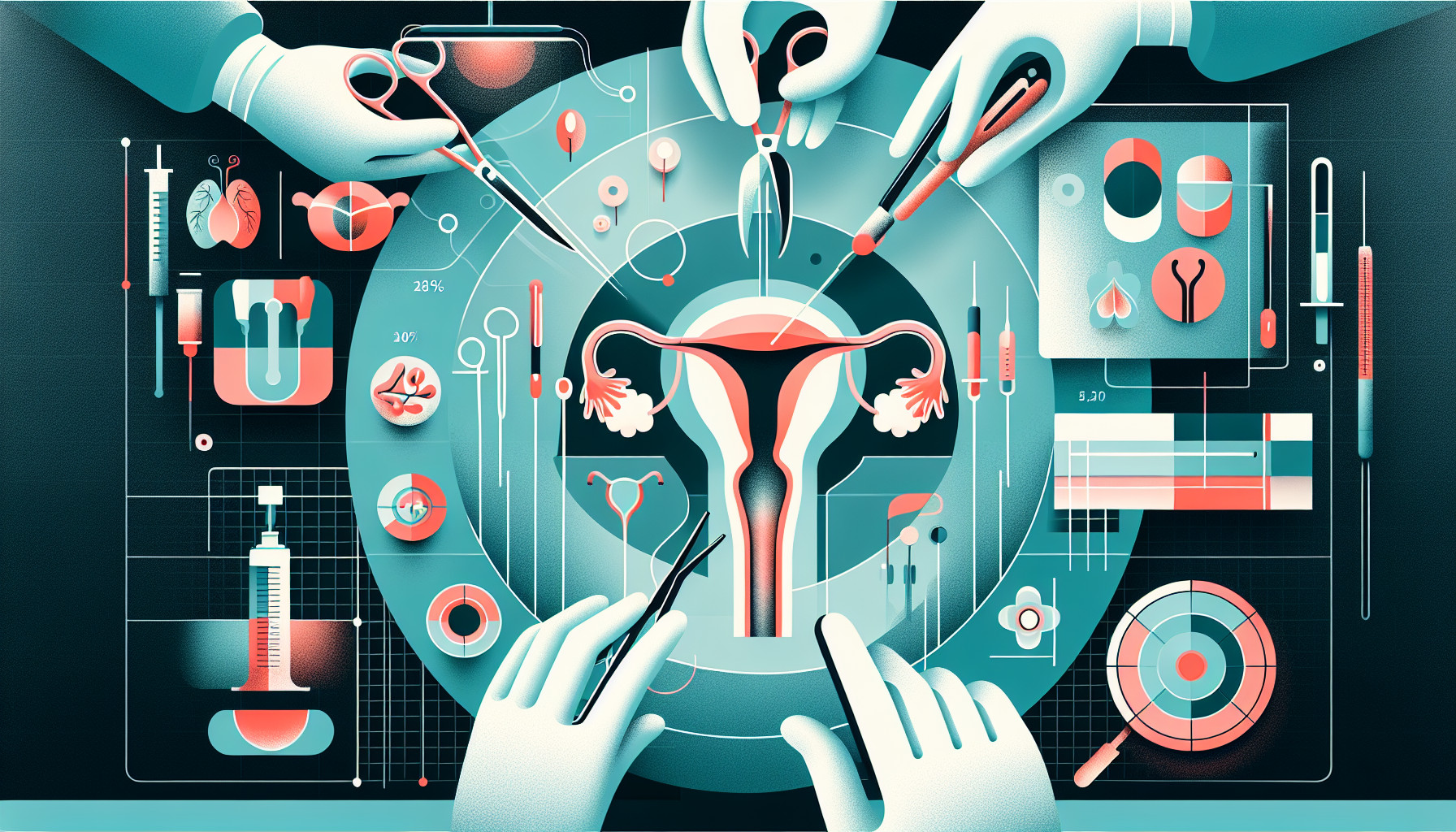Our Summary
This research paper is a review of multiple studies to understand how a surgical procedure called anterior urethroplasty, used to fix a narrow urethra, may affect sexual functions like erection and ejaculation in men.
The researchers looked at 29 different studies and found that after the surgery, erectile dysfunction was reported in 0-38% of cases and ejaculatory dysfunction in 7.7-67% of cases. They used two main questionnaires (the International Index of Erectile Function and the Male Sexual Health Questionnaire) to assess these changes.
However, the study found that the results were quite varied, mainly because different studies used different questionnaires with different scoring systems to evaluate sexual function. Therefore, it’s hard to make direct comparisons between studies.
The research concludes that surgery for urethral stricture could affect sexual function, so men should be properly informed before undergoing the procedure. They also suggest that a uniform questionnaire and scoring system should be used in future research to allow for consistent reporting. Future research should focus on finding the best ways to minimize sexual dysfunction after this surgery.
FAQs
- What is anterior urethroplasty and how might it affect sexual functions in men?
- What were the key findings about erectile and ejaculatory dysfunction following anterior urethroplasty surgery?
- Why did the results of the studies on sexual function after anterior urethroplasty vary so much?
Doctor’s Tip
A helpful tip a doctor might tell a patient about urethroplasty is to discuss any concerns or questions about potential sexual dysfunction before the procedure. It’s important for patients to have a clear understanding of the possible risks and outcomes of the surgery, as well as to communicate openly with their healthcare provider about any changes in sexual function following the procedure. Additionally, patients should be aware that individual experiences may vary, and that seeking support from a healthcare provider or counselor if needed can be beneficial in addressing any issues that arise.
Suitable For
Patients who are typically recommended for urethroplasty are those with urethral stricture, which is a narrowing of the urethra that can cause difficulty urinating and other urinary symptoms. Urethral strictures can be caused by trauma, infection, inflammation, or previous surgeries. Patients with recurrent or complex urethral strictures that have not responded to other treatments like urethral dilation or urethrotomy may be candidates for urethroplasty.
In general, patients who are in good overall health and have realistic expectations for the outcome of the surgery are considered good candidates for urethroplasty. It is important for patients to discuss the potential risks and benefits of the procedure with their healthcare provider to determine if urethroplasty is the best treatment option for their specific situation.
Timeline
Before the urethroplasty procedure, a patient may experience symptoms such as difficulty urinating, frequent urinary tract infections, or pain during urination due to a narrow urethra. The patient may undergo various diagnostic tests such as uroflowmetry, cystoscopy, and retrograde urethrography to confirm the diagnosis of urethral stricture.
After the urethroplasty procedure, the patient may experience immediate post-operative discomfort, pain, and swelling. They will typically need to stay in the hospital for a few days for monitoring and pain management. Once discharged, the patient will need to follow up with their healthcare provider for regular check-ups and to monitor their recovery.
In the long term, the patient may experience improvements in urinary symptoms such as better urine flow and reduced risk of urinary tract infections. However, as mentioned in the research paper, there is a potential risk of sexual dysfunction post-urethroplasty that the patient should be aware of. It is important for the patient to communicate any concerns or changes in sexual function to their healthcare provider for appropriate management.
What to Ask Your Doctor
What are the potential risks and complications associated with urethroplasty, specifically in terms of sexual function?
How likely is it that I will experience erectile dysfunction or ejaculatory dysfunction after undergoing urethroplasty?
Are there any specific factors that may increase my risk of experiencing sexual dysfunction after urethroplasty?
What steps can be taken before, during, and after the surgery to minimize the risk of sexual dysfunction?
How soon after the surgery can I expect to resume sexual activity, and are there any restrictions or precautions I should be aware of?
Will I need to see a specialist or undergo additional treatments to address any sexual dysfunction that may arise after urethroplasty?
What are the long-term effects of urethroplasty on sexual function, and are there any strategies for managing any ongoing issues that may arise?
Can you provide me with information about support resources or counseling services that may be helpful for addressing any concerns or challenges related to sexual function after urethroplasty?
Reference
Authors: Pang KH, Osman NI, Chapple CR, Eardley I. Journal: Eur Urol Focus. 2022 Nov;8(6):1736-1750. doi: 10.1016/j.euf.2022.03.022. Epub 2022 Apr 13. PMID: 35430159
